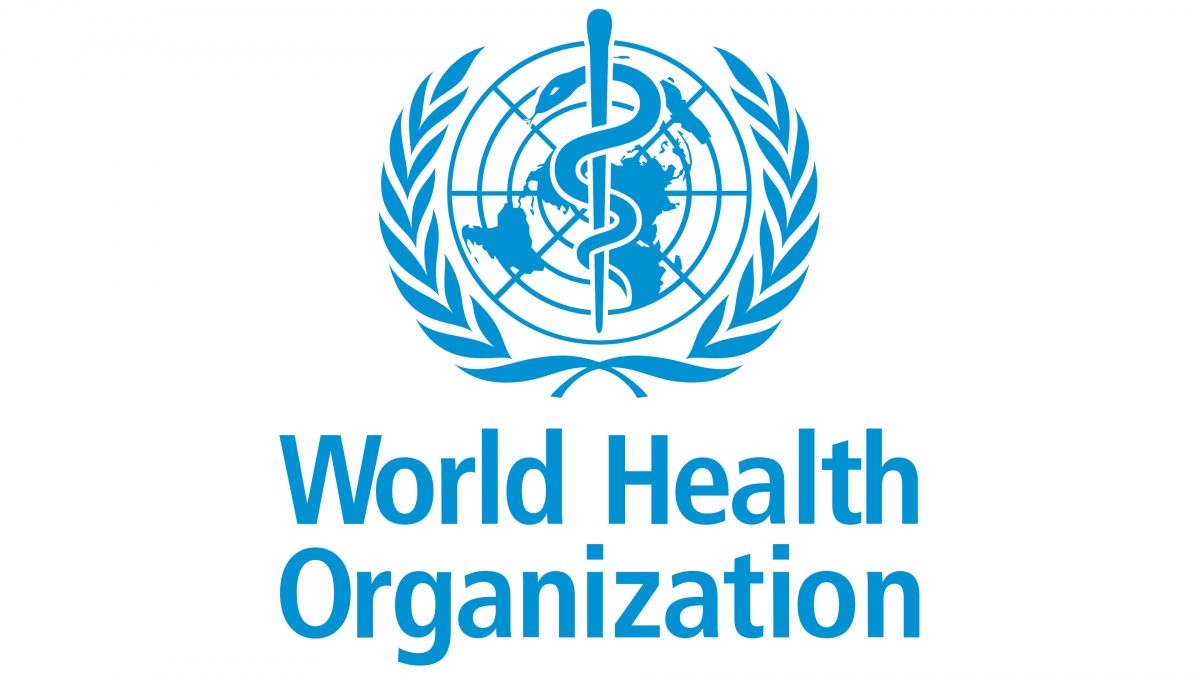The World Health Organization (WHO) has warned that the COVID-19 pandemic is nowhere near over and is calling on countries to double down on efforts to ensure that ongoing vaccination campaigns persist in countries across the world. Indeed, in a worrying twist to the once prevailing narrative the world’s foremost Health and Wellness international organization asserts that given the emergence and aggressive spread of the Omicron version of pandemic, the international community could witness further variants of the virus in the period ahead.
Arising out of all this the WHO is asserting that in the circumstances tracking and assessment remain a critical element of the wider global response.
Recently, WHO Director General Dr Tedros Ghebreyesus reported 18 million cases of the Omicron variant and while, perhaps somewhat reassuringly, he reported that the number of deaths remains stable, for the moment, he made no secret of what he said was the WHO’s concern over the role which the emergence of Omicron was playing in further stretching already overburdened medical resources and affecting the physical and mental capacities of exhausted health workers.
Simultaneously, the WHO Director General alluded to concerns over low vaccination rates, a problem which has become pervasive among poor countries,
“I remain particularly concerned about many countries that have low vaccination rates, as people are many times more at risk of severe illness and death if they’re unvaccinated. Omicron may be less severe, on average of course, but the narrative that it is a mild disease is misleading, hurts the overall response and costs more lives. Make no mistake, Omicron is causing hospitalizations and deaths, and even the less severe cases are inundating health facilities,” the WHO Director General is quoted as saying.
In urging “everyone to do their best to reduce risk of infection so that you can help take pressure off the system” Dr. Ghebreyesus appeared to be focusing attention on societies that are facing challenges associated with difficulties linked to population challenges in matters pertaining to adherence to precautionary routines.
Meanwhile, the WHO Director General, who had previously attracted global attention by making assertive statements about the fairness of vaccine quotas again pointed to the need to ensure the adequate supplies of currently available stocks reach the most vulnerable countries and communities.






